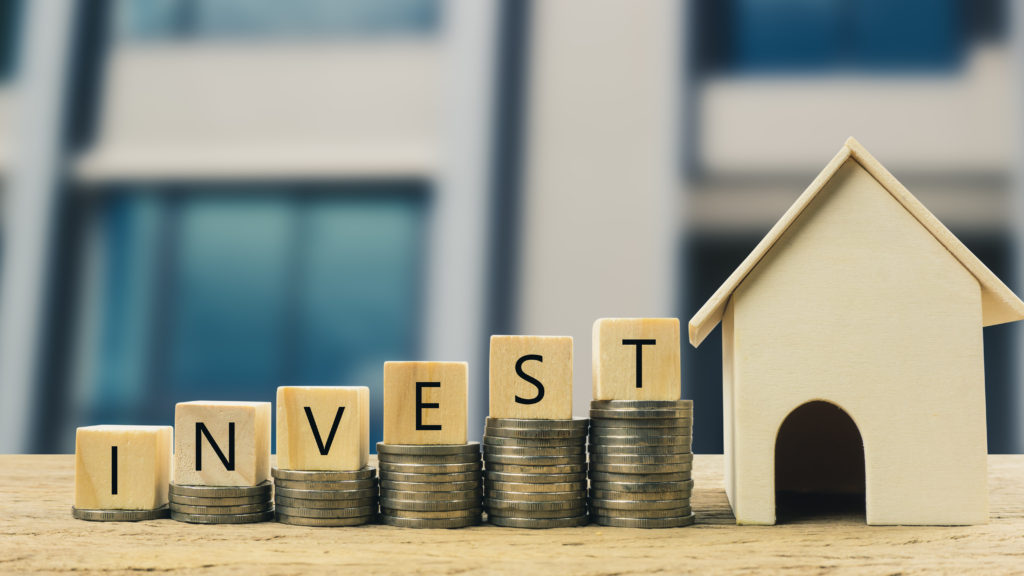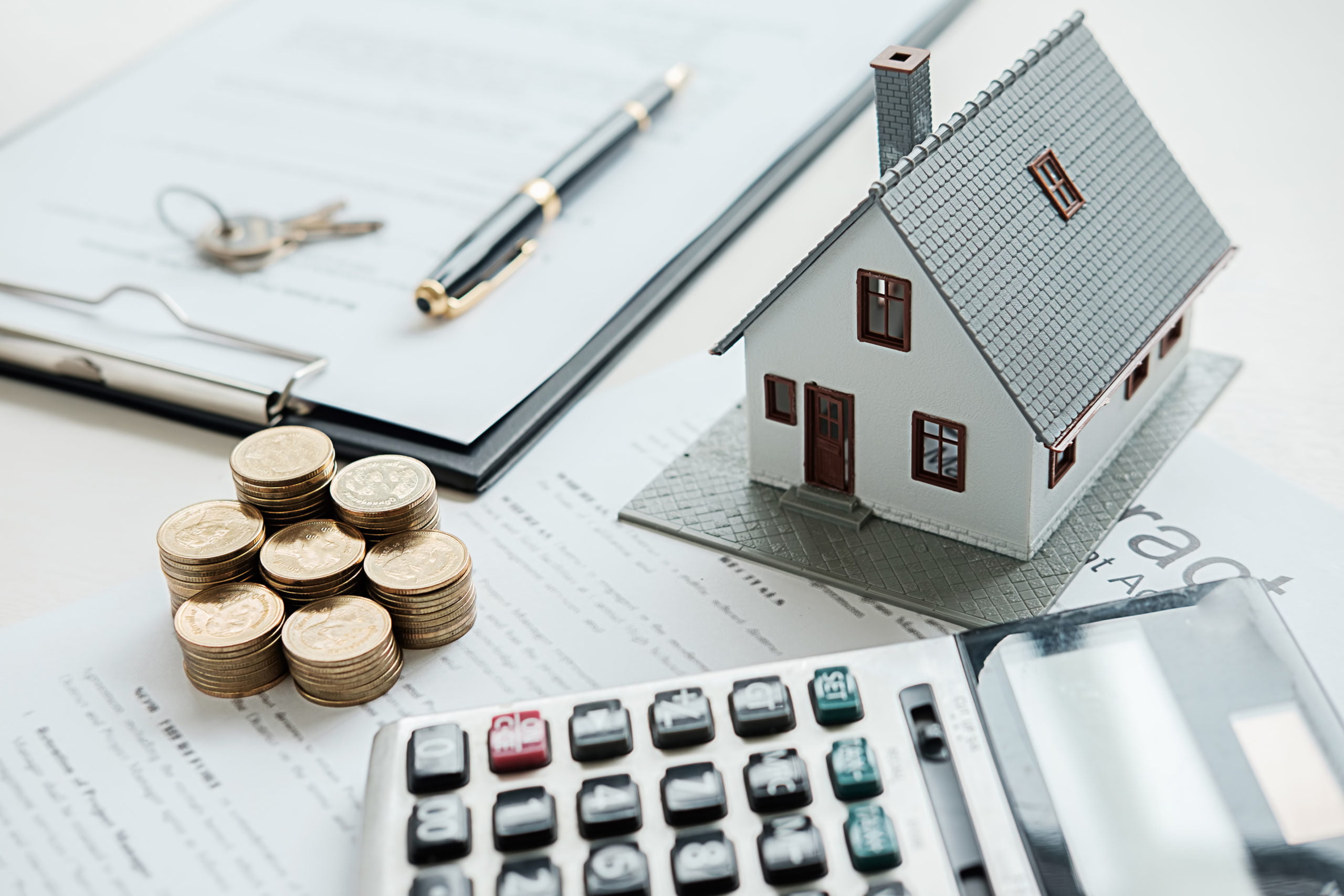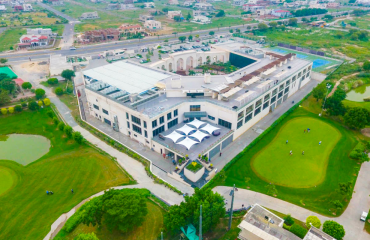As a new investor, buying your first investment property can be an exciting decision to make. Primarily investment property refers to land or a building owned and held by the owner to raise rents, increase capital, or both. Thus, with the growing demand for such properties, it can be a great way to generate profits and add diversification to your portfolio.
Considerations In Buying Property
However, buying an investment property can be a complicated and overwhelming venture. There are many considerations to ensure that the process will be as productive and smooth as possible. If you are buying an investment property for the first time, here is a considerable guide:
1. Choose The Type Of Property You Want
You have to choose the type of property you want when buying one for your investment. Here are the specific types of properties you can choose from:
- Housing: These are sought after properties due to the rising house prices today. Many families are also looking for homes that make them good real estate investments.
- Improved properties: These also attract investors who want to invest in older buildings because of their character and charm. These properties are often renovated to meet modern standards and generate long-term profit from them.
- Unplanned features: These are properties that can be purchased even according to the planning or development stage. Among the various types, off-plan real estate is also popular among investors because of its lower costs, the potential for capital growth and many more.
As you can see, there are various types of investment real estate for sale. If you want to better understand the properties in which you can invest, check out reliable resource websites like thepropertydaily.co.uk and others may be a good idea.
2. Factor in the Place
When looking to buy your first investment property, it is important to take into account the location before you decide. This means exploring the areas based on several considerations such as the strength of the site, the level of demand, the potential for capital growth, rental yields, and many more. Also, if you want to determine if a certain location can provide investment success, you need to look into regions with good and favorable forecasts of price growth.
Additionally, when considering the location, be sure to understand who you want your tenants to be. This can help you identify which area is right when you decide to buy an investment property. For example, if you want your tenants to be families, then you should choose a location with local schools nearby.
3. Secure Financing For The Investment Property
Another important thing to do when buying your first investment property is to secure financing. Generally financing an investment property can be more expensive than buying a primary house. There are some qualifications you need to meet before the lender can provide you with the financing you need. The reason for this is that mortgages with investment real estate are considered riskier than loans given to homeowners.
Fortunately, there are several financial choices. These may include:
- Convention funded: This refers to a loan obtained from a bank in which your approval depends on your qualifications, including your income, debts, employment situation, credit score and many more.
- Active loans: These are alternatives to conventional financing, in which the basis for the loan qualification is the investment property itself as collateral instead of your personal qualifications. However, a valuable lender can still check your credit score to determine your interest rates and loan qualification.
4. Cash Flow Analysis
When buying your first investment property as an investor, it is also important to do a cash flow analysis to determine whether the property generates more income or not. For example, don’t assume that even if your mortgage is worth $ 350 USD a week and the rental cost of your investment property is $ 400 USD a week, it can generate a positive cash flow over time.
To determine if your property provides a good cash flow, you may need to analyze all of your expenses as well as income. Unfortunately buying and managing investment property has a lot of expenses like property management fees, insurance, repairs and many more.
As such, it is best if you know what they are, their impact on your investment and when you will pay for it. By doing so, you can properly prepare yourself for your finances and ensure that it will positively cash in and benefit most from your investment.
5. Negotiate About Price And Terms Of Arrangement
When you buy your first investment property, one of the best things you need to do is negotiate not only the price but also the terms of the arrangement. Typically the price can be negotiated during the sales process. While you are willing to negotiate with compromise, patience and organization, you can convince the owner to sell the property at your bargain price.
In addition to the price, you should also learn to negotiate under certain conditions by buying an investment property. For example, you can request a delay in setup dates, depending on the situation. You can also try to negotiate the amount of deposit you have to pay to make the deal more beneficial for you and your investment efforts. With these things in place, you may increase your chances of winning real estate negotiation.

Enveloping
Actually buying your first investment property can be an overwhelming venture as an investor. Because a huge amount of money can be involved, it’s important to remember this guide so you’ll know how to navigate the process more effectively. By doing so, you will be ready to dive into the real estate investing game and generate more returns over time.
For more information on the real estate sector of the country, keep reading Feeta Blog.



